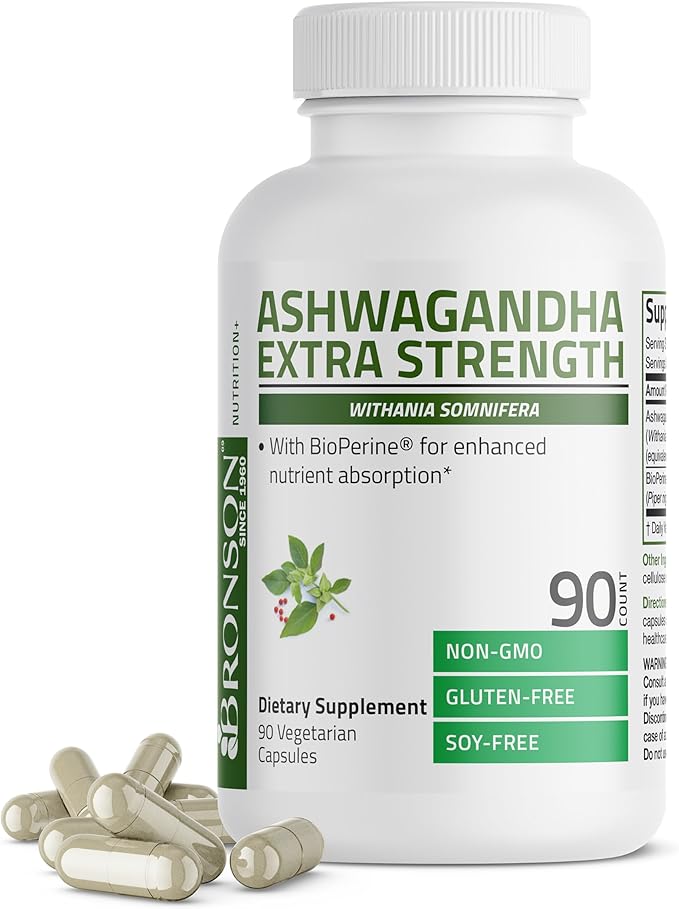Can you take Alpha-Glycosyl Isoquercitrin and Vitamin B together?
Interaction Details
Taking Alpha-Glycosyl Isoquercitrin and Vitamin B together has the potential for good synergy due to their complementary mechanisms of action, suggesting a rating of 4 out of 5.
Alpha-Glycosyl Isoquercitrin is a flavonoid with antioxidant properties that can enhance the bioavailability of quercetin. Vitamin B encompasses a group of vitamins crucial for energy production, nerve function, and heart health. The synergy between them can be attributed to their combined effects on energy metabolism and antioxidant defenses. Vitamin B can support the metabolic pathways that are protected by the antioxidant effects of Alpha-Glycosyl Isoquercitrin, potentially enhancing overall cellular health and function.
Potential Benefits
Alpha-Glycosyl Isoquercitrin
Alpha-Glycosyl Isoquercitrin is a derivative of quercetin, a flavonoid antioxidant found in many plants and foods. It is known for its improved bioavailability compared to regular quercetin.
Some benefits of Alpha-Glycosyl Isoquercitrin include:
- Antioxidant properties
- Anti-inflammatory effects
- Cardiovascular health support
Vitamin B
Vitamin B is a group of essential nutrients that play a crucial role in various bodily functions, including energy production, nerve function, and heart health. The B vitamins are a complex of eight distinct vitamins: B1 (Thiamine), B2 (Riboflavin), B3 (Niacin), B5 (Pantothenic acid), B6 (Pyridoxine), B7 (Biotin), B9 (Folic acid), and B12 (Cobalamin).
